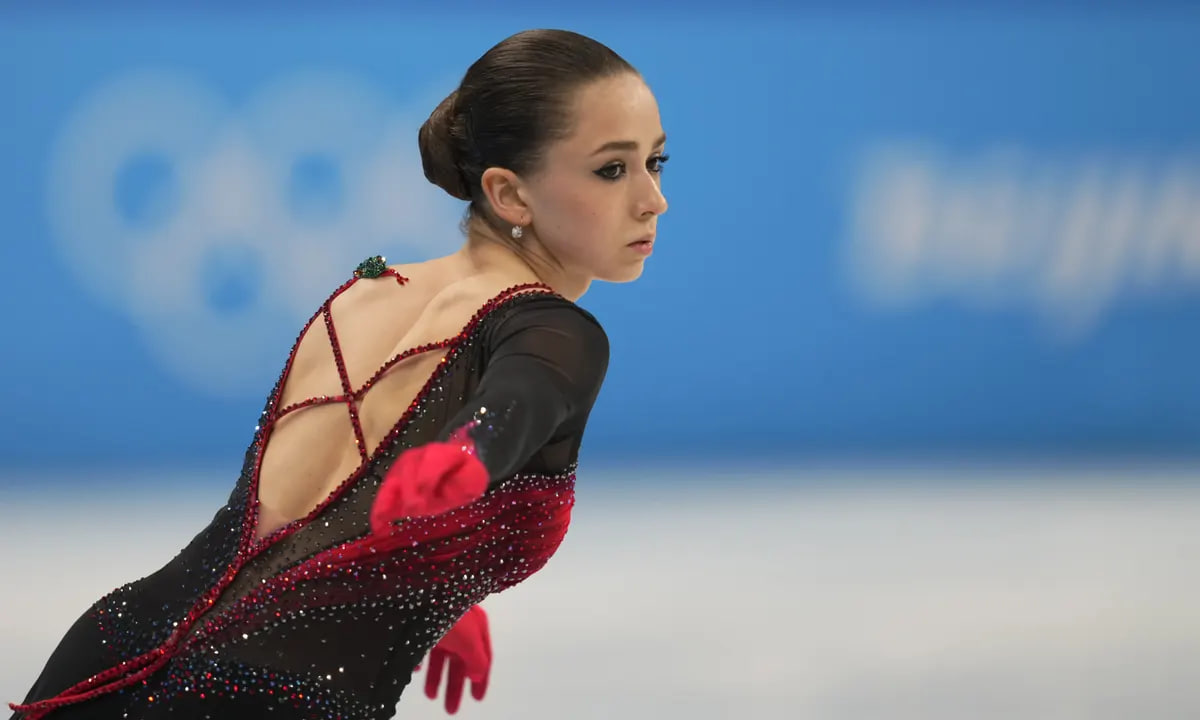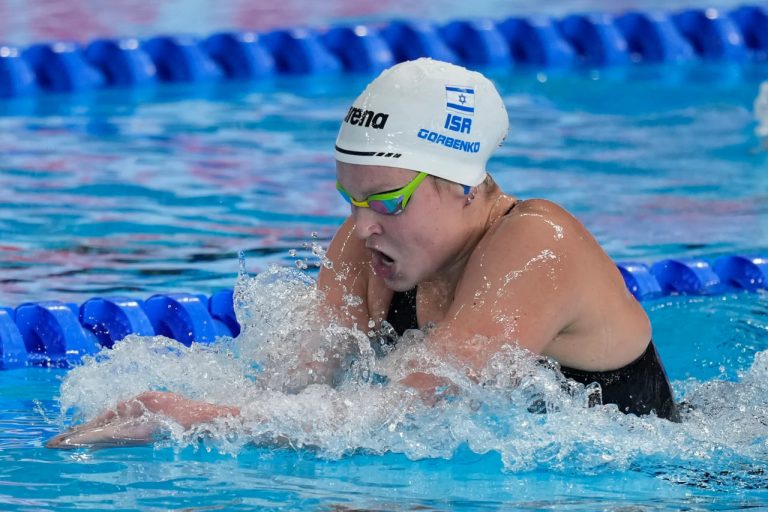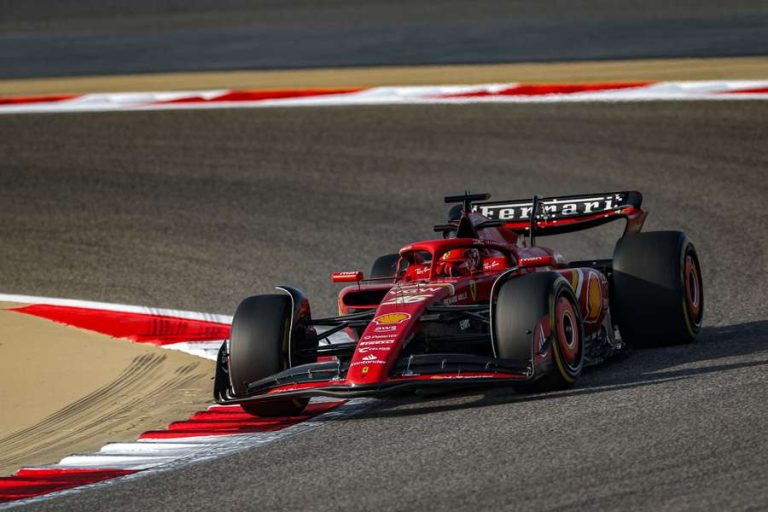Russian skater Kamila Valieva was banned from competition for four years due to doping
The Russian figure skater Kamila Valieva, who faced a doping scandal at the 2022 Winter Olympics when she was just 15, has received a four-year ban. The decision ensures that Russia will lose its team gold from the Games, with the International Skating Union expected to formally announce the transfer of the medal to the United States on Tuesday.
The Court of Arbitration for Sport confirmed Valieva’s ban, stating that the 17-year-old skater will be stripped of all her results, prizes, medals, and awards dating back to Christmas Day in 2021 when she tested positive for trimetazidine (TMZ), a drug used to prevent angina.
The World Anti-Doping Agency swiftly welcomed the verdict, strongly condemning Valieva’s doctors and coaches. The agency stated that doping involving minors is unacceptable, asserting that individuals providing performance-enhancing substances to young athletes should be held accountable under the full extent of the World Anti-Doping Code.
In Russia, the reaction was one of reluctant outrage. Dmitry Peskov, Vladimir Putin’s press secretary, expressed disagreement with the decision, describing it as politicized from his perspective.
Meanwhile, the renowned Soviet coach Tatyana Tarasova expressed strong disapproval of Cas’s verdict, stating, “Damn them! Scum!” in an interview with championat.ru.
Valieva, initially celebrated as one of the standout athletes of the 2022 Games, made history by completing the first quadruple jump by a woman at the Olympic team event, contributing to the Russian Olympic Committee’s gold medal win. However, a day later, it was revealed that she had tested positive for TMZ six weeks earlier, sparking a media frenzy.
The controversy was amplified by Valieva’s age, raising questions about whether a minor should face the same doping sanctions as an adult. Additionally, Russia’s tainted history of state-sponsored doping loomed in the background, preventing the country from displaying its flag or hearing its anthem at the Games.
After much legal contention, Cas granted her permission to participate in the individual figure skating event. However, facing intense pressure, she encountered two falls and secured a fourth-place finish. Subsequently, two years of legal deliberations transpired before Cas ultimately rendered its verdict.
The decision was also embraced by Travis Tygart, the Chief Executive of the US Anti-Doping Agency, who stated, “The resolution in the Valieva case has been a prolonged process. It is crucial that the ISU promptly manages the technical procedures required to redistribute the medals appropriately.
“As we are aware, Russia has marred the Games since 2014 when it was caught orchestrating a state-sponsored doping scheme that adversely affected clean athletes globally,” he continued. “Once again, those responsible for safeguarding the Games and athletes have allowed Russia to compromise the well-being of its own athletes, while depriving clean athletes and fans of a truthful, fair, and genuine Olympic competition.”
Meanwhile, the US Olympic Committee celebrated the announcement as a “major victory, not just for Team USA athletes but for athletes globally who champion fair play and endorse clean sports.”
“The exceptional athletes of Team USA have demonstrated incredible resilience,” it stated. “Their exceptional achievements in Beijing will forever stand as a testament to their dedication to fair competition.”







